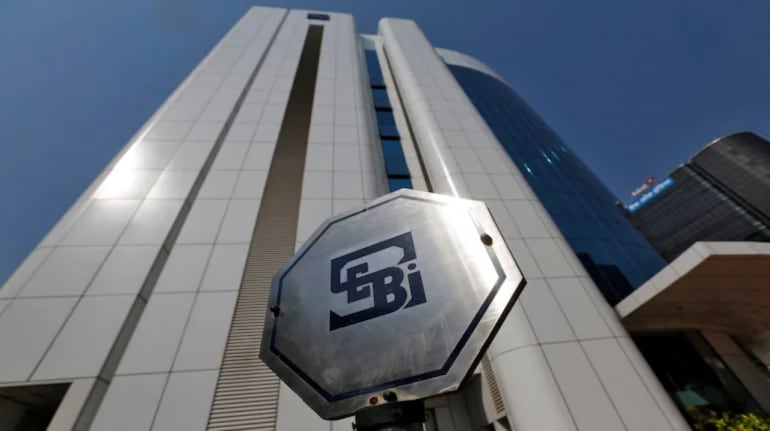



SEBI, the Securities and Exchange Board of India, has issued an ESG rating framework that aims to encourage sustainable development and corporate responsibility.
In its latest board meeting, SEBI has introduced a novel ESG reporting called Core Business Responsibility and Sustainability Reporting (BRSR) and has also formulated specific measures for ESG investing.
SEBI has expressed concern about the activities of unregulated ESG rating providers (ERPs), which may lead to larger concerns about issues of investor protection, market efficiency, risk pricing, capital allocation, and greenwashing.
To address these concerns, SEBI has introduced the concept of Core BRSR reporting, which mandates 49 parameters for ESG reporting, down from 800 previously.
Chairperson Madhabi Puri Buch emphasised that all proposals were co-created by the market and were backtested with ten large conglomerates before being laid down.
SEBI's advisory committee on ESG issues recommended that ERPs be permitted to provide a Core ESG rating based on assured indicators, while additional commentary or outlook on unverified or unassured data may be provided.
“By extending ESG disclosure and assurance requirements to the value chain of listed entities, SEBI's balanced framework is a game-changer for Indian businesses. Introduction of BRSR Core will increase transparency and ensure reliable ESG disclosures along with considering India's unique environmental and social challenges while determining ESG ratings and investments.” said Pratiq Shah, Partner, Deloitte India. On ESG investing:
SEBI also introduced a number of new measures to ensure that the risk of mis-selling and greenwashing is addressed. Some of them are:
Discover the latest Business News, Sensex, and Nifty updates. Obtain Personal Finance insights, tax queries, and expert opinions on Moneycontrol or download the Moneycontrol App to stay updated!
Find the best of Al News in one place, specially curated for you every weekend.
Stay on top of the latest tech trends and biggest startup news.